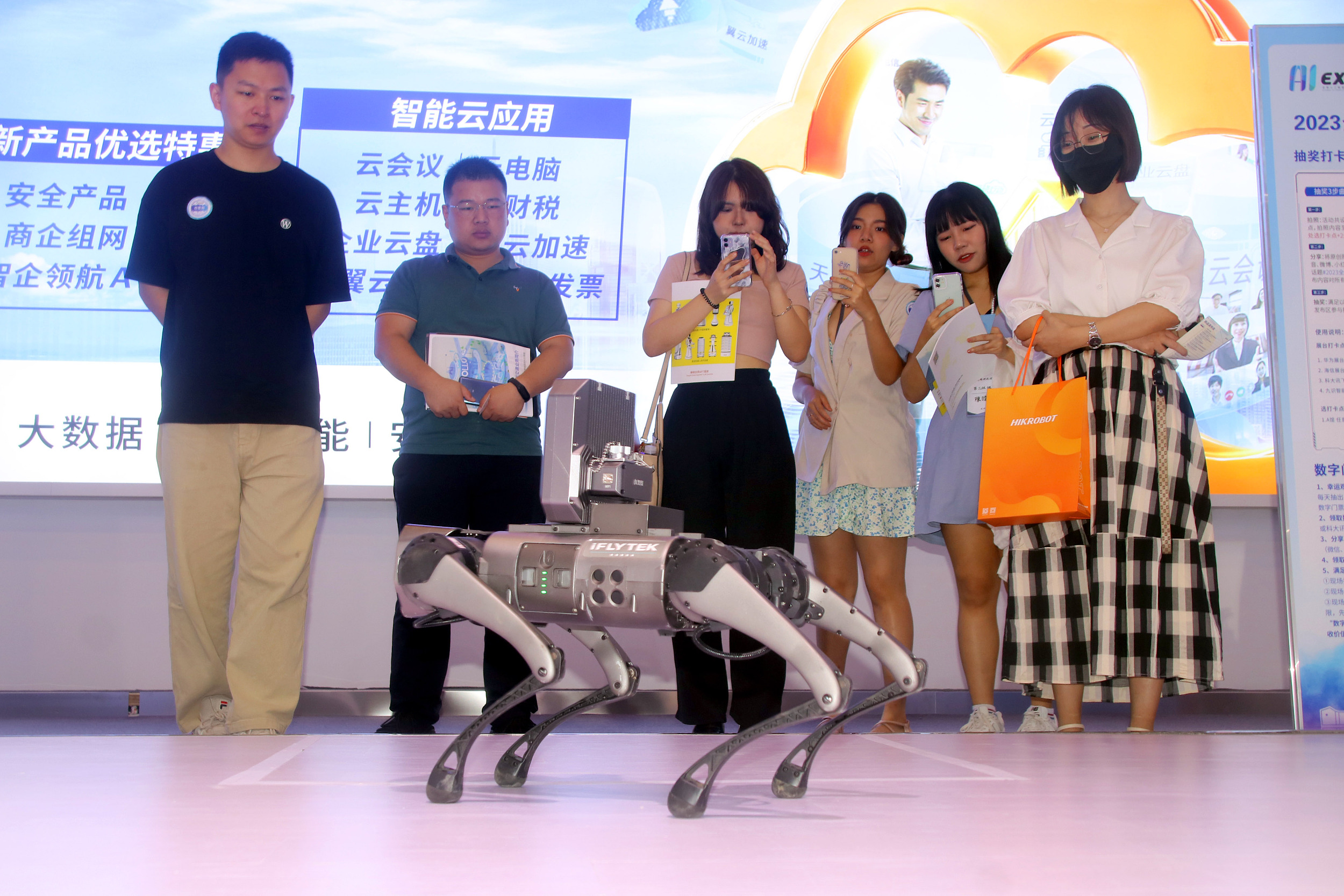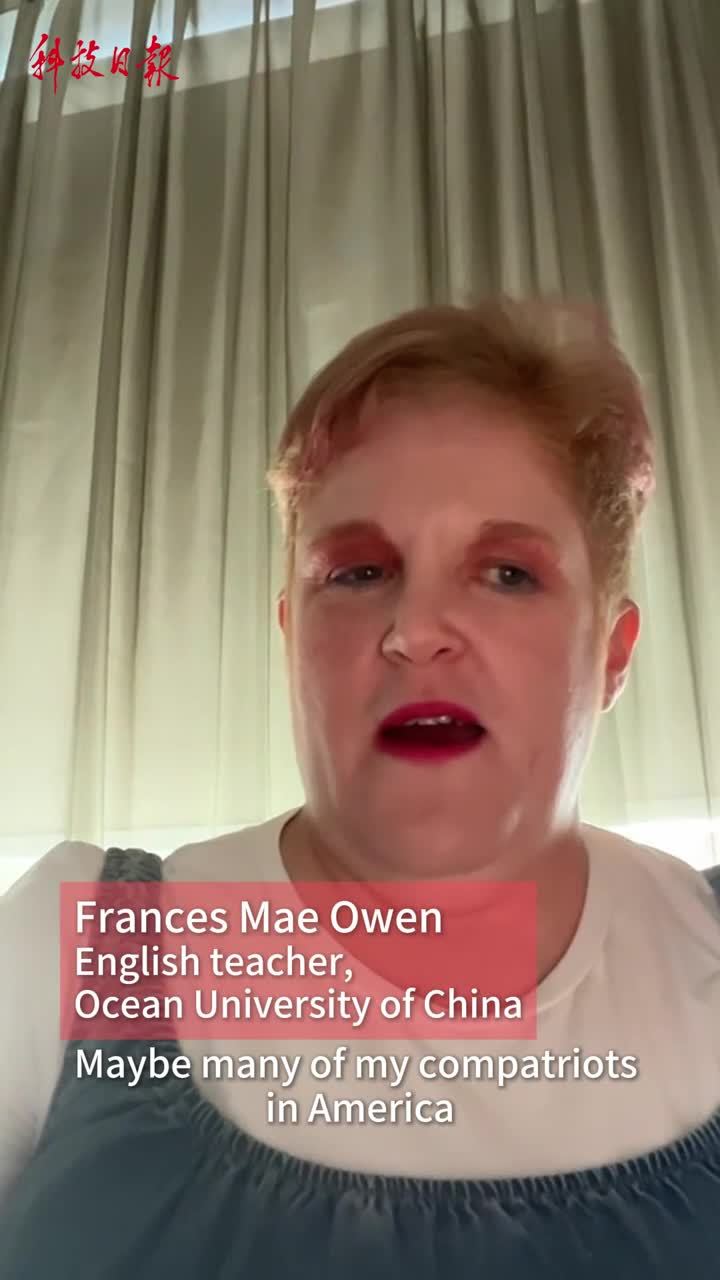Sci-tech Clusters Lead China's Regional Innovative Development

Visitors watch the performance of robot dogs at the 2023 Global AI Product and Application Expo held in Suzhou city, east China's Jiangsu province this June.?(PHOTO:?VCG)?
By CHEN Chunyou
To date, China has a total of 24 sci-tech clusters, up from 21 last year, becoming the country with the highest number of sci-tech clusters in the world, with Shenzhen–Hong Kong–Guangzhou, Beijing, and Shanghai–Suzhou clusters among the top 5, spotlighting the country's thriving innovation ecosystem.
That's according to Carsten Fink, the chief economist of the World Intellectual Property Organization (WIPO), speaking at the Roundtable on the Top Science and Technology Clusters 2023, held by the Chinese Academy of Science and Technology for Development (CASTED) and the WIPO China Office, in southwest China's Chongqing in early November.
Sci-tech clusters are established by analyzing patent-filing activity and published science articles, according to Fink, who detailed the methodology for evaluating the 2023 world's top sci-tech clusters. Generally, WIPO documents the geographic areas of the world with the highest concentration of inventors and scientific authors, and uses a geocoding method to locate and rank the clusters, identifying the areas with the highest concentration of sci-tech activity globally.
On the cluster list, four cities from west China, including Xi'an, Chengdu, Chongqing and Lanzhou, entered the global top 100.
Zhang Xu, president of CASTED, said at the roundtable that CASTED and WIPO have already carried out long-term pragmatic cooperation in sci-tech innovation (STI) policies and statistics. He hoped to continue conducting further collaborative research on exploring the experiences and cases of regional STI development, so as to contribute to STI in the western region of China.
Dai Gang, director general of the Department of International Cooperation of the Ministry of Science and Technology (MOST), said that in recent years MOST and WIPO have maintained a good cooperative relationship. This year, the high-level visits and updated signing of the Memorandum of Understanding on cooperation between the two sides have clarified the key directions and specific moves for future cooperation.
Representatives from governments, research institutes and enterprises from Xi'an, Chongqing and Lanzhou also shared their experience of innovative development, and talked of the opportunities and challenges they face at the roundtable.
Dai hoped that the STI capacity of Chinese regions and cities would be further enhanced by taking advantage of WIPO's platform. He called for strengthening exchanges and cooperation between the two sides, aiming to make positive contributions to addressing global challenges and advancing innovative development in developing countries.







